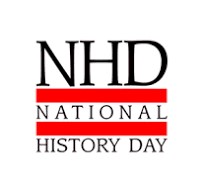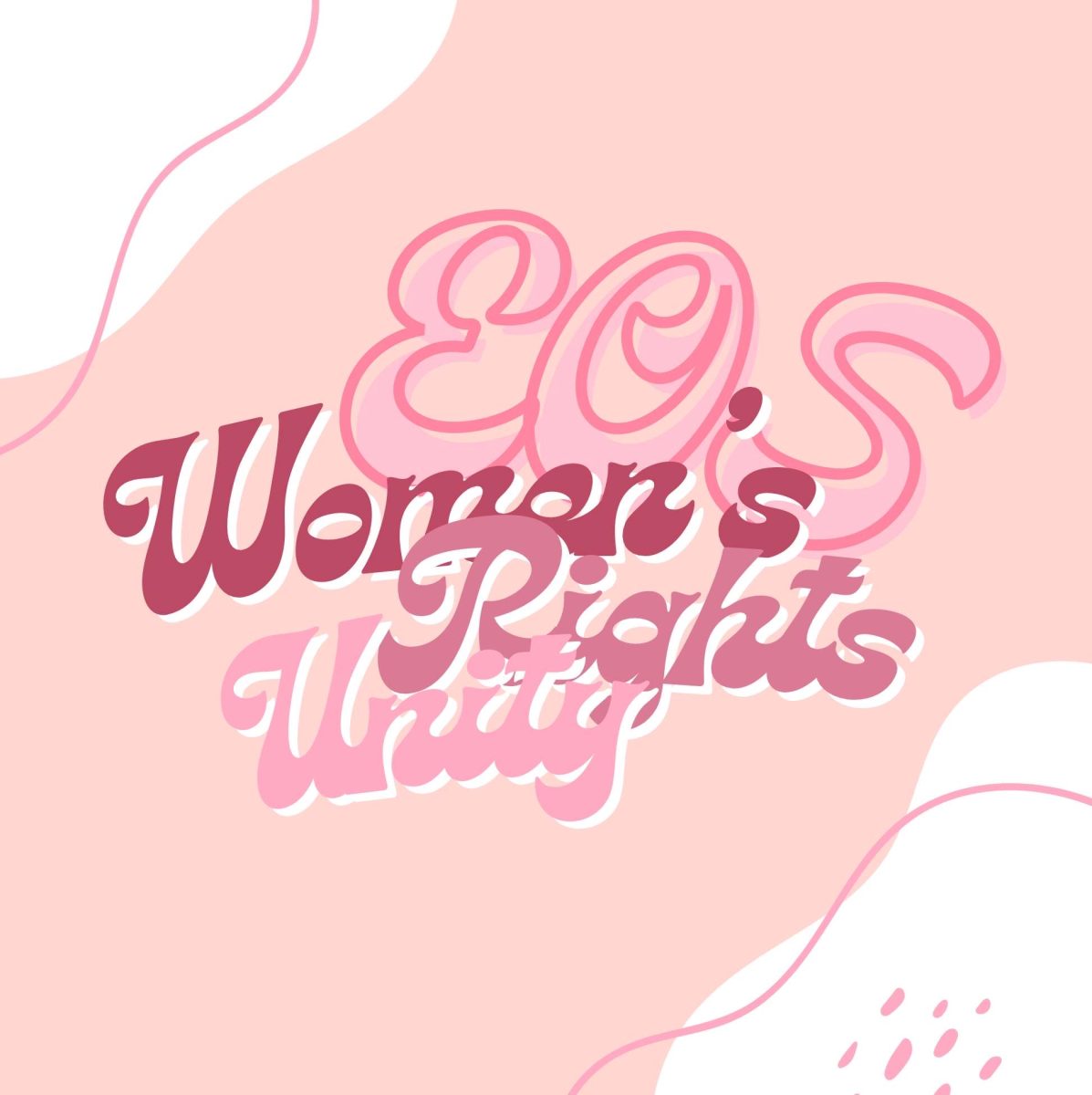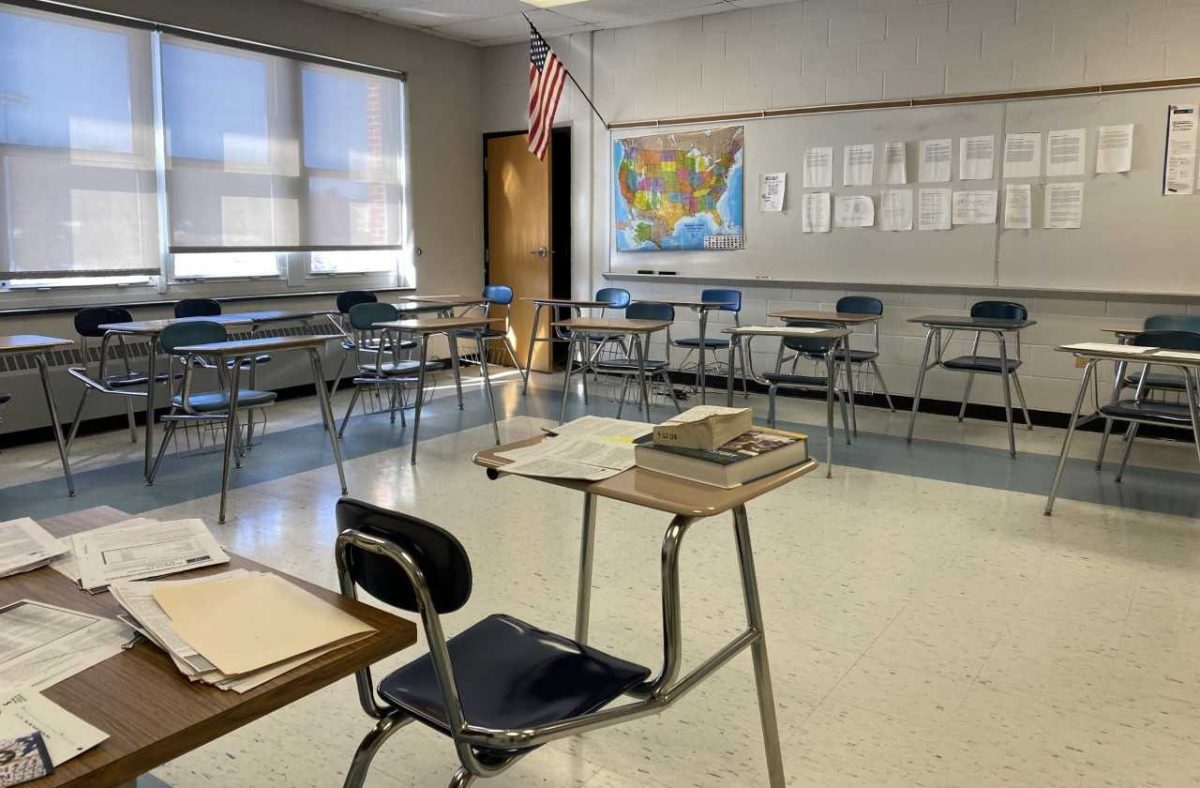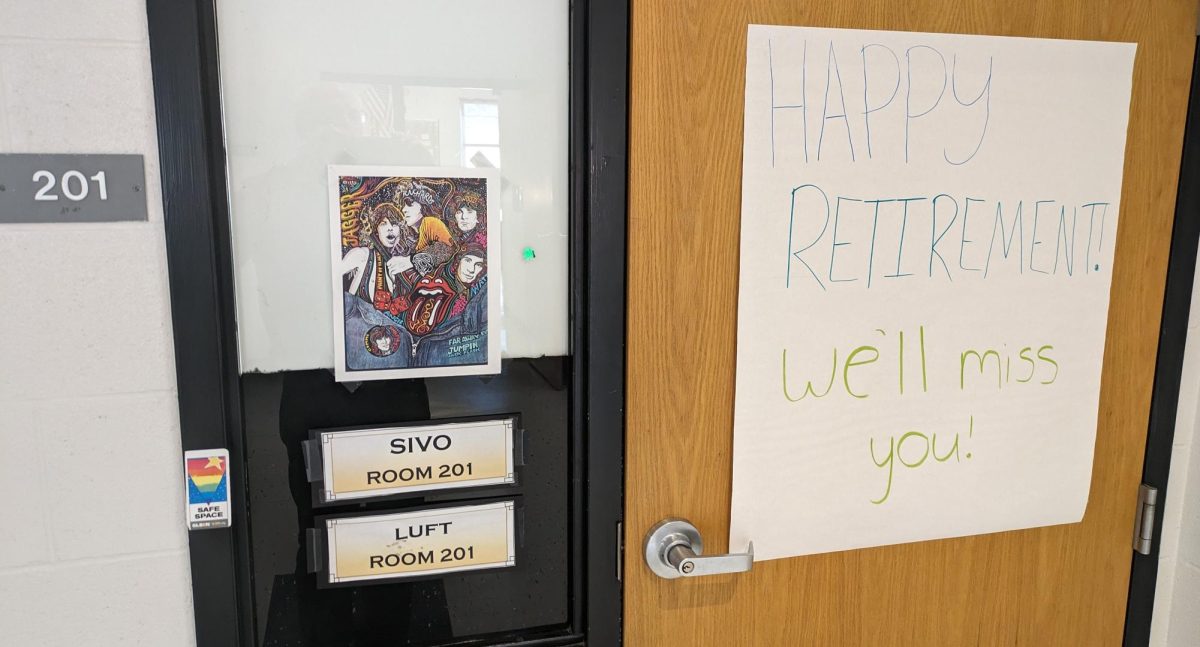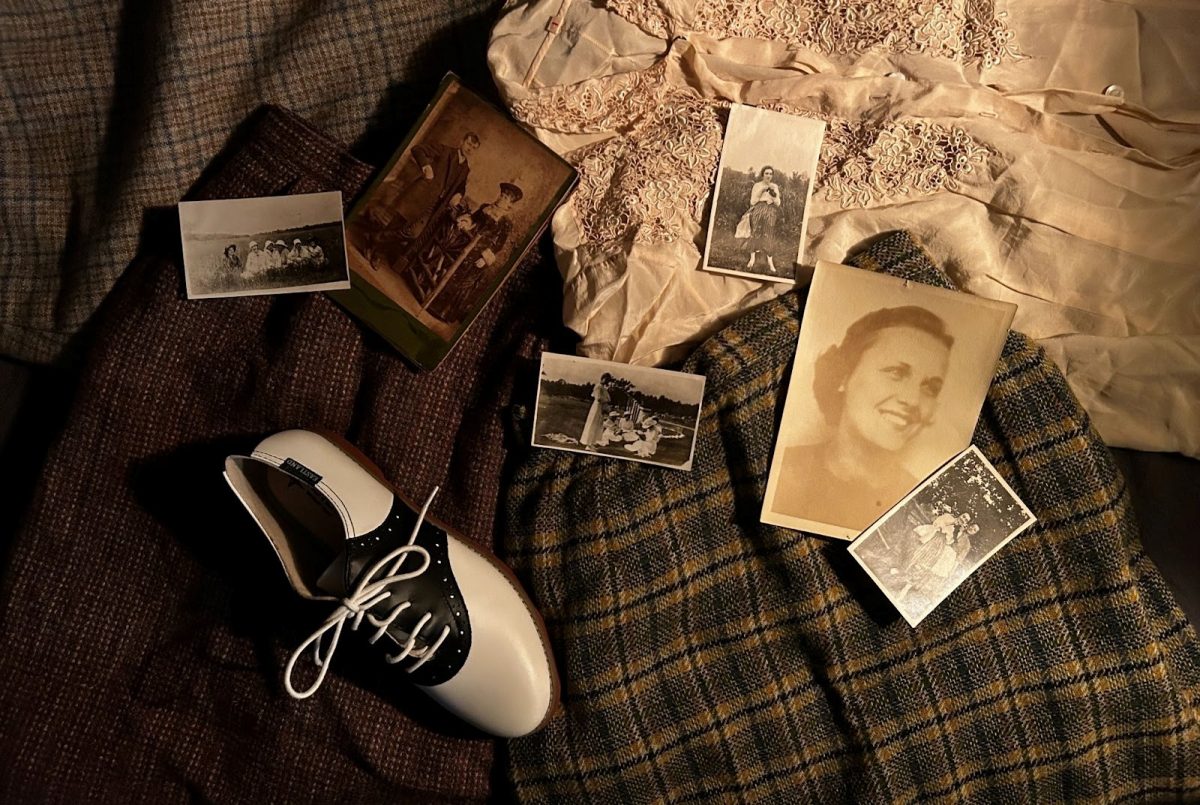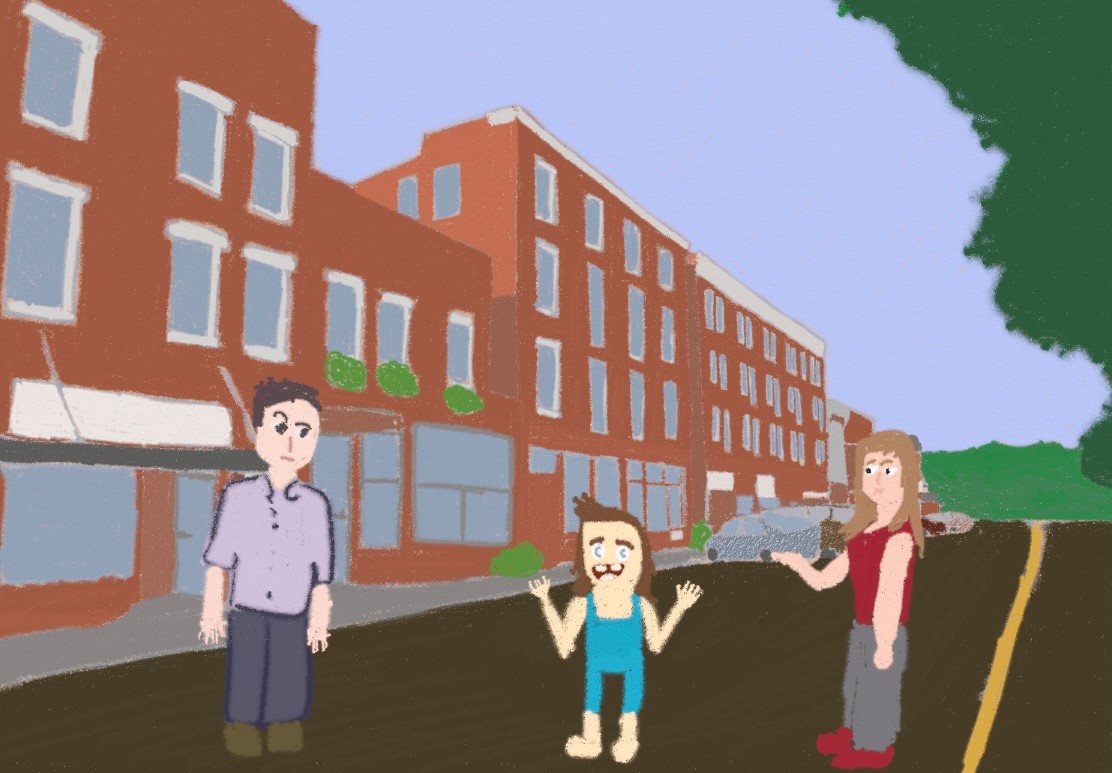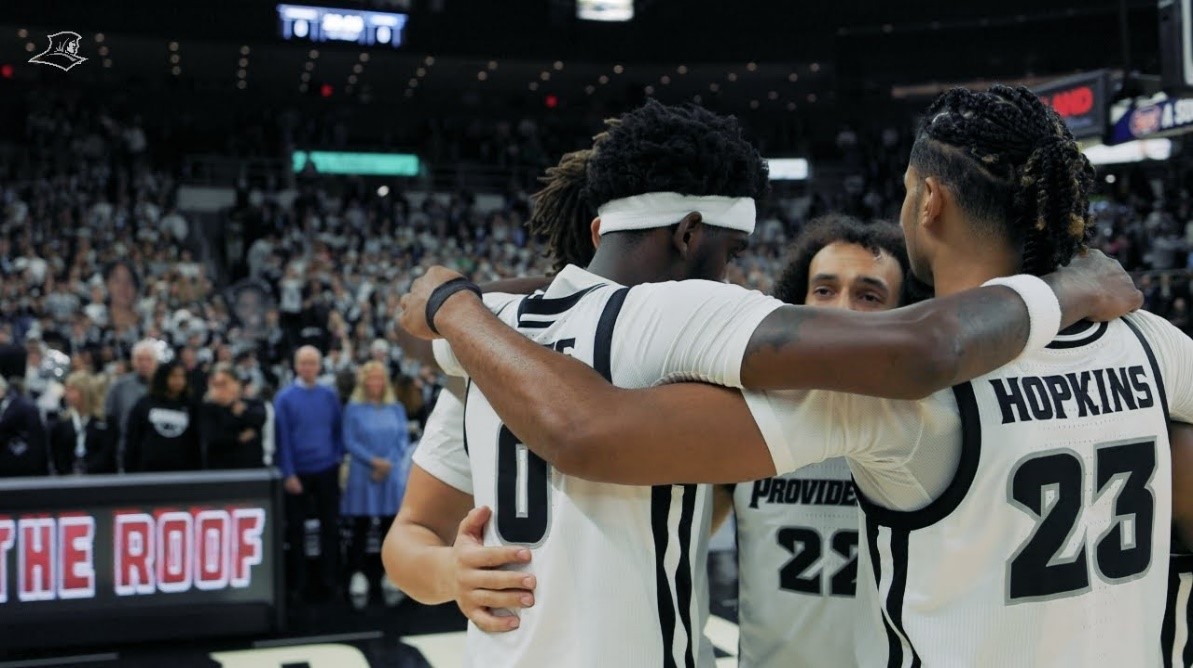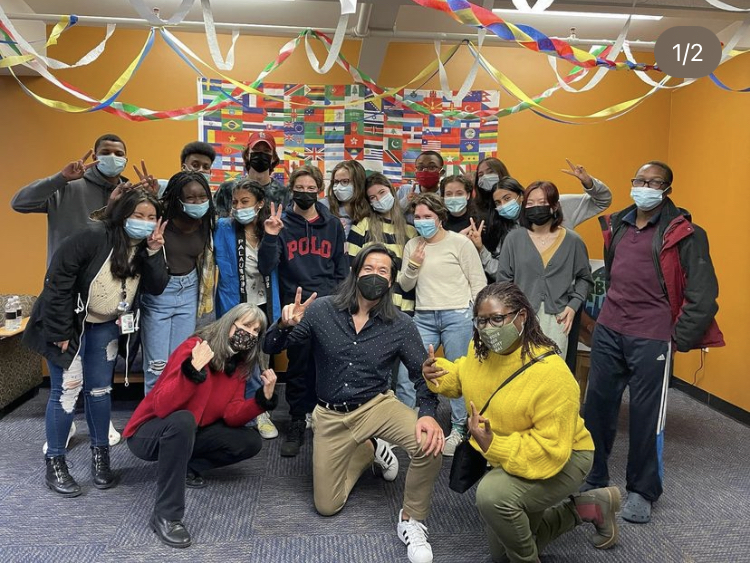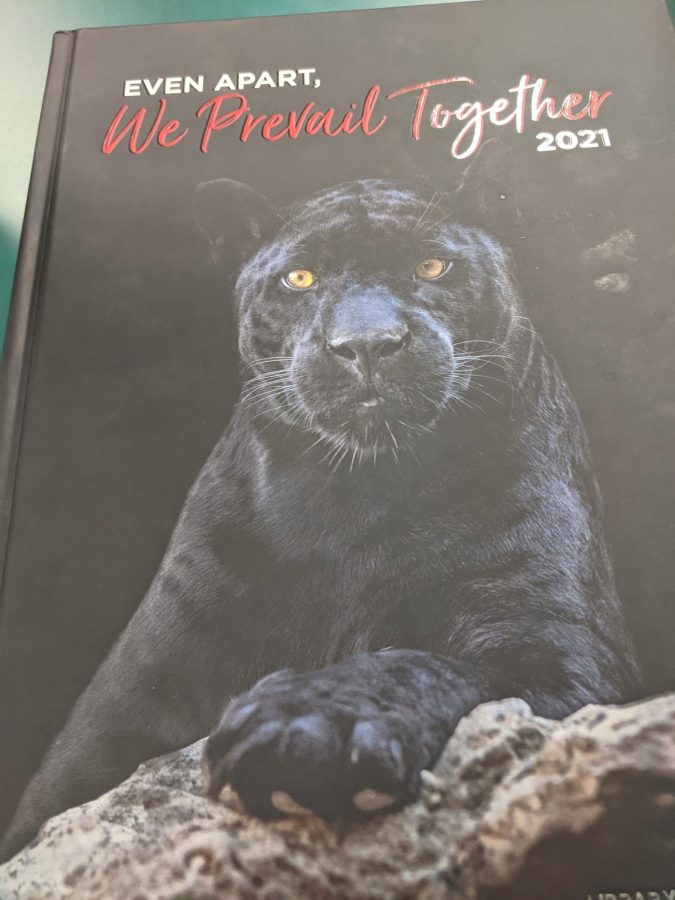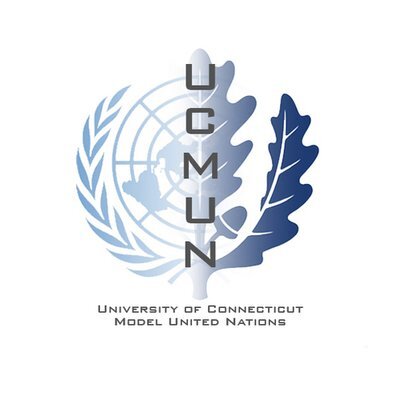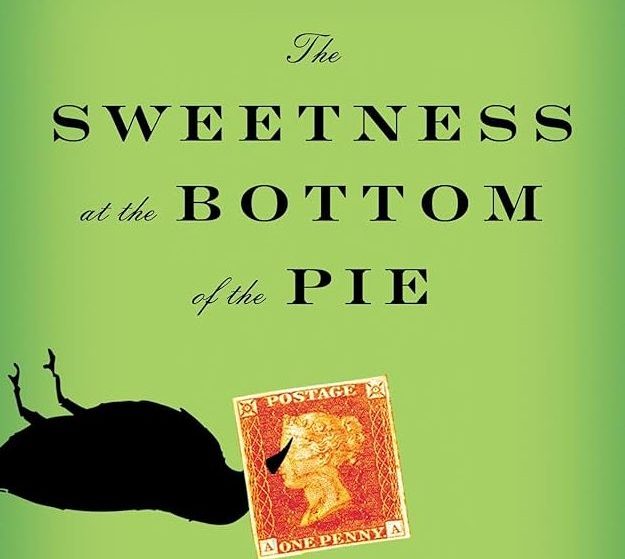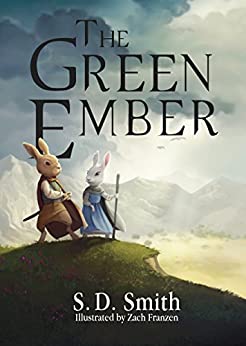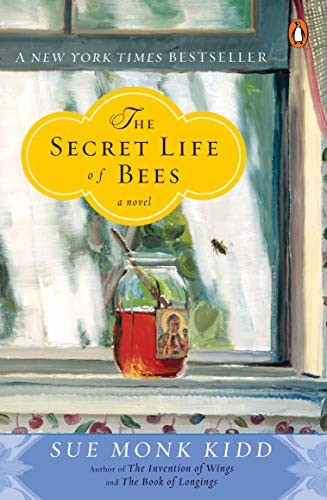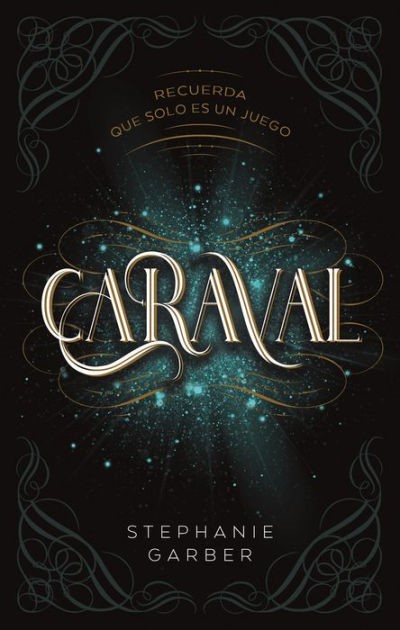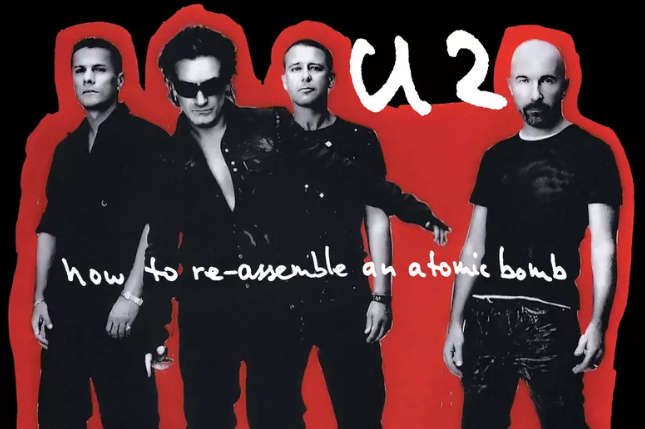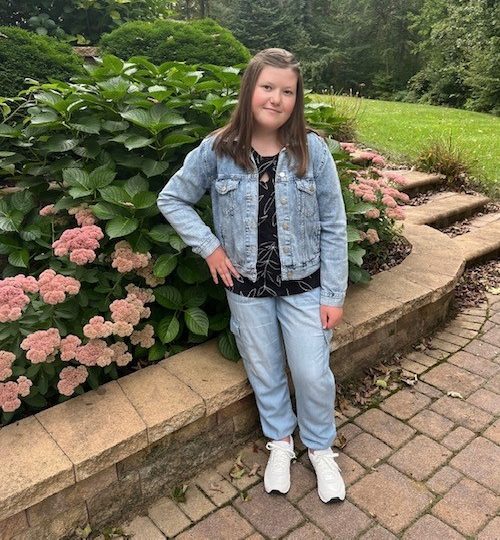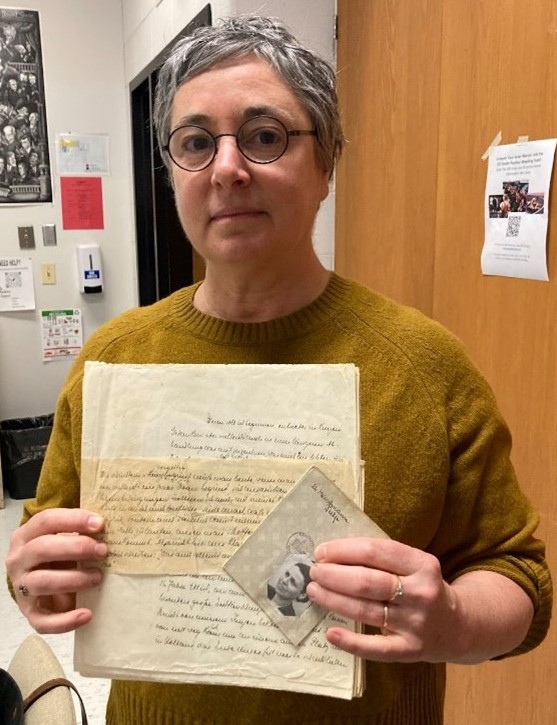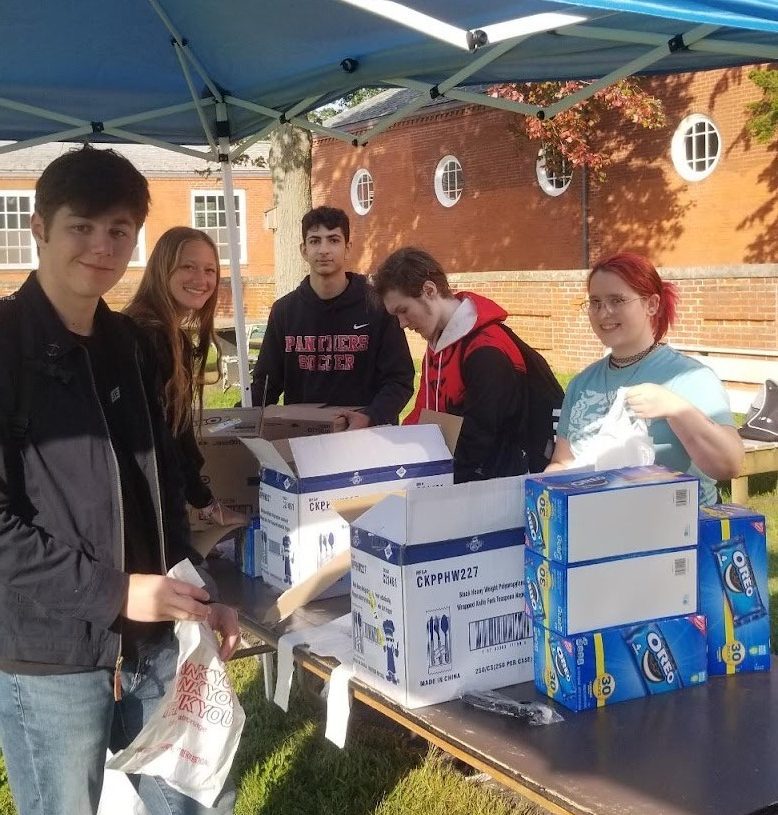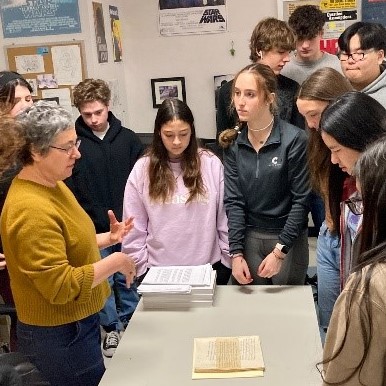
In November and December, Connecticut author and Yale University graduate Daphne Geismar presented her book Invisible Years to the students of Edwin O. Smith High School’s Genocide class. Her work details the experiences of her different family members during the Holocaust.
The idea for the book came about when Geismar and her family were invited to a church in the Netherlands where her Grandparents had been hidden during the Holocaust. When the Nazis invaded the Netherlands during World War II, a number of Jewish families and individuals would escape to nearby countries or go into hiding with the help of citizens. While visiting the Netherlands, Geismar was made aware she had connections to a family that hid in the Breeplein Church during this time. After she arrived home, her mother showed her a hidden drawer in an antique dresser. When opened, there were diaries, artifacts, and papers belonging to different family members detailing their experiences while hiding from the Nazis.
Having past experience in research, Geismar was inspired to look deeper at each family member’s story using artifacts and outside sources. She also collected testimonies from surviving family members in person through interviews. This task was no easy one, not only because of organizing each story but also the process of translating the Dutch writing to English. After years of careful work, Geismar had each member’s story recorded. From there she wove together the accounts of her family members putting quotations from diaries and writings side by side with each other. This gave the feel of her family members speaking to each other while in hiding from the Nazis – even though they were hidden in different locations.
The work begins with journal entries from before the outbreak of World War II – when they were all together. Mirjam, Geismar’s mother, said, “We had a nice life, really, before the war” explaining the sense of normalcy in their daily lives. The journals describe their everyday life before the war when they went to school and played with their siblings – things that we take for granted at the time. Then in 1940 when Germany invaded the Netherlands, family members were separated and taken in by different individuals as they hid from the Nazis. The last section chronicles the last three years of hiding and also when the family was reunited after World War II. They found each other unrecognizable after only three years. Once reunited, the family members never really shared their stories with each other and went on with their lives; this was common among Holocaust survivors because of how much trauma was within their stories. But Geismar specifically made her book feel like her family members were sharing the stories they never shared; in a way it’s like they are reunited within her pages. They were together to right the wrongs of history even though that history had already passed.
In Geismar’s time at E.O, she spoke about her process of writing, her personal stories, artifacts, and she helped students better understand the Holocaust and its effects on individuals. Genocide students were presented with excerpts from her book and assigned tasks relating to it. Students were asked to write a letter as if they were writing one to one of the family members, and they were asked to read family members’ personal hiding stories. Both assignments helped students gain perspective on the Holocaust. The final project of the unit included a brief history write up of a genocide that has occurred, and the student’s version of an interwoven narrative between their chosen genocide and Geismar’s Invisible Years. In this assignment students became experts on world issues and were able to discuss them, and they also found similarities between the Holocaust and other genocides. By finding similarities, the students grew their understanding of how to identify hate in our society today and its potential to grow into violence that creates humanitarian issues. During Geismar’s time at E,O., students also learned valuable skills and developed a deeper understanding of Human Rights.
She ended her time by showing students a short film she has been developing and has never been shown before in public. The 16-minute piece shared real footage of Geismar’s family members during WWII and had scenes from the book drawn by animators. Seeing this short film helped students picture each family member individually as voice actors were used for different family members. The film made their stories more personal and students were able to make new connections in history. These skills will follow students within their future education and beyond. We sincerely thank Daphne Geismar and Mr. Goldman for giving students this wonderful opportunity.
